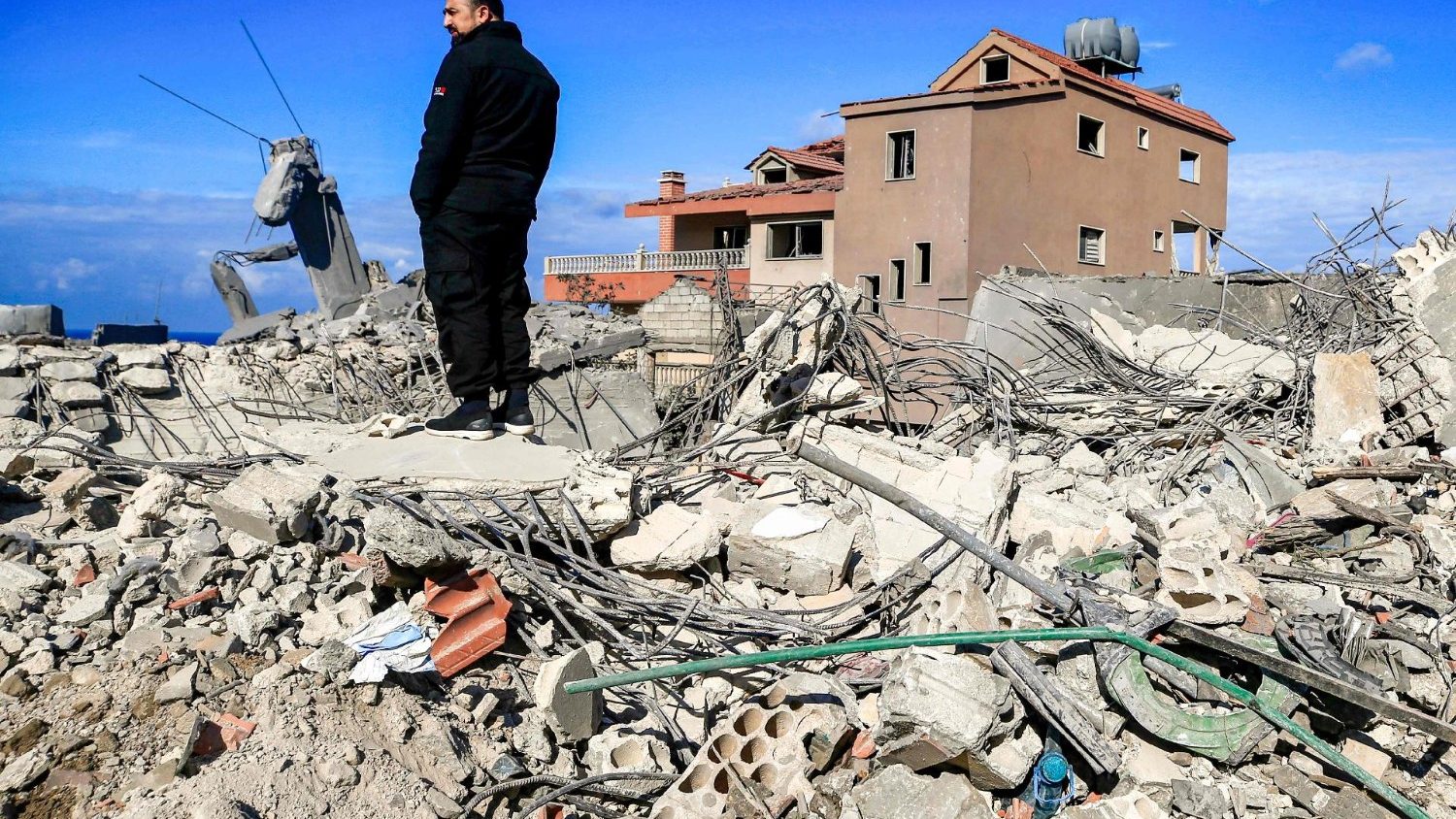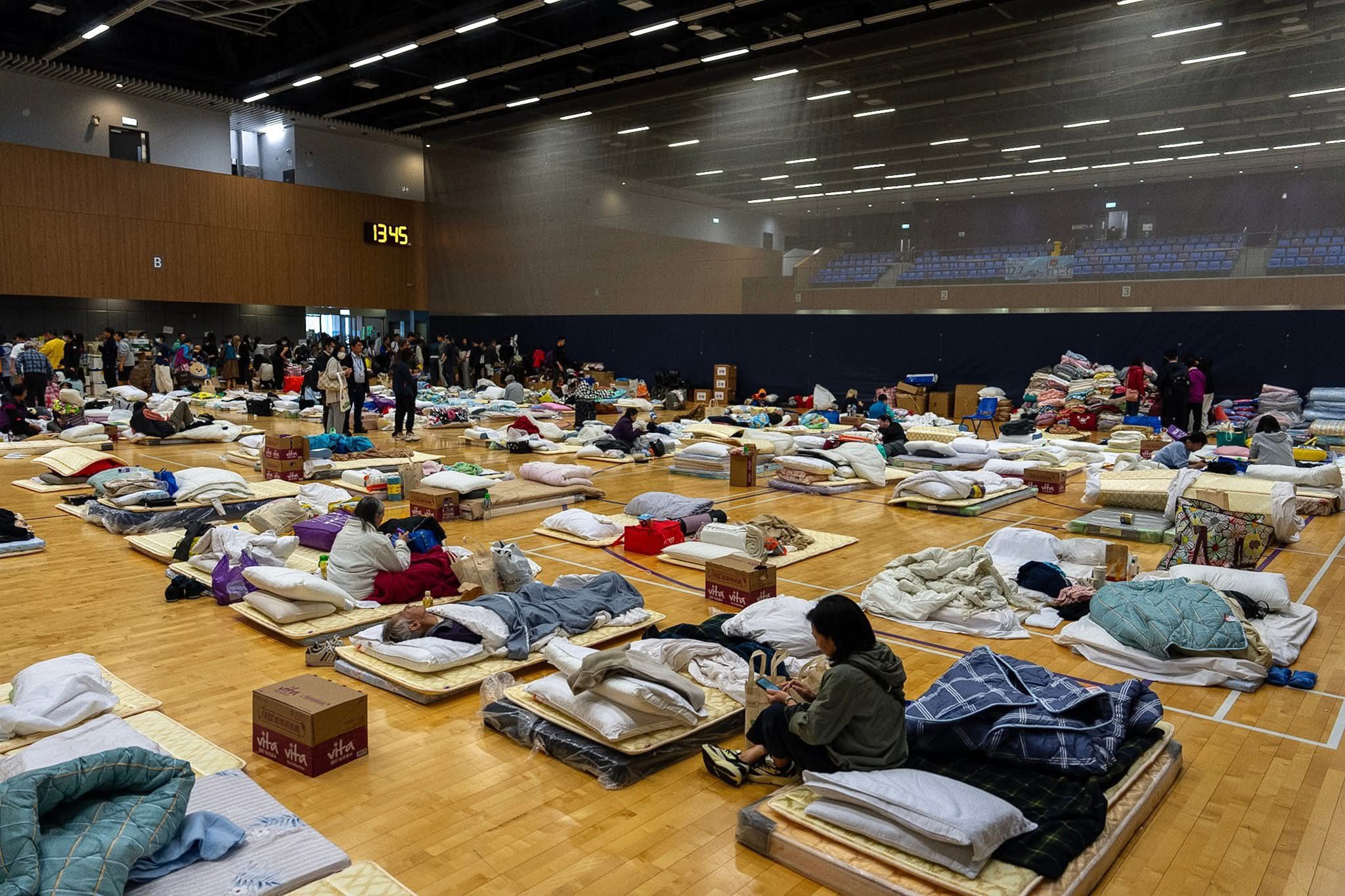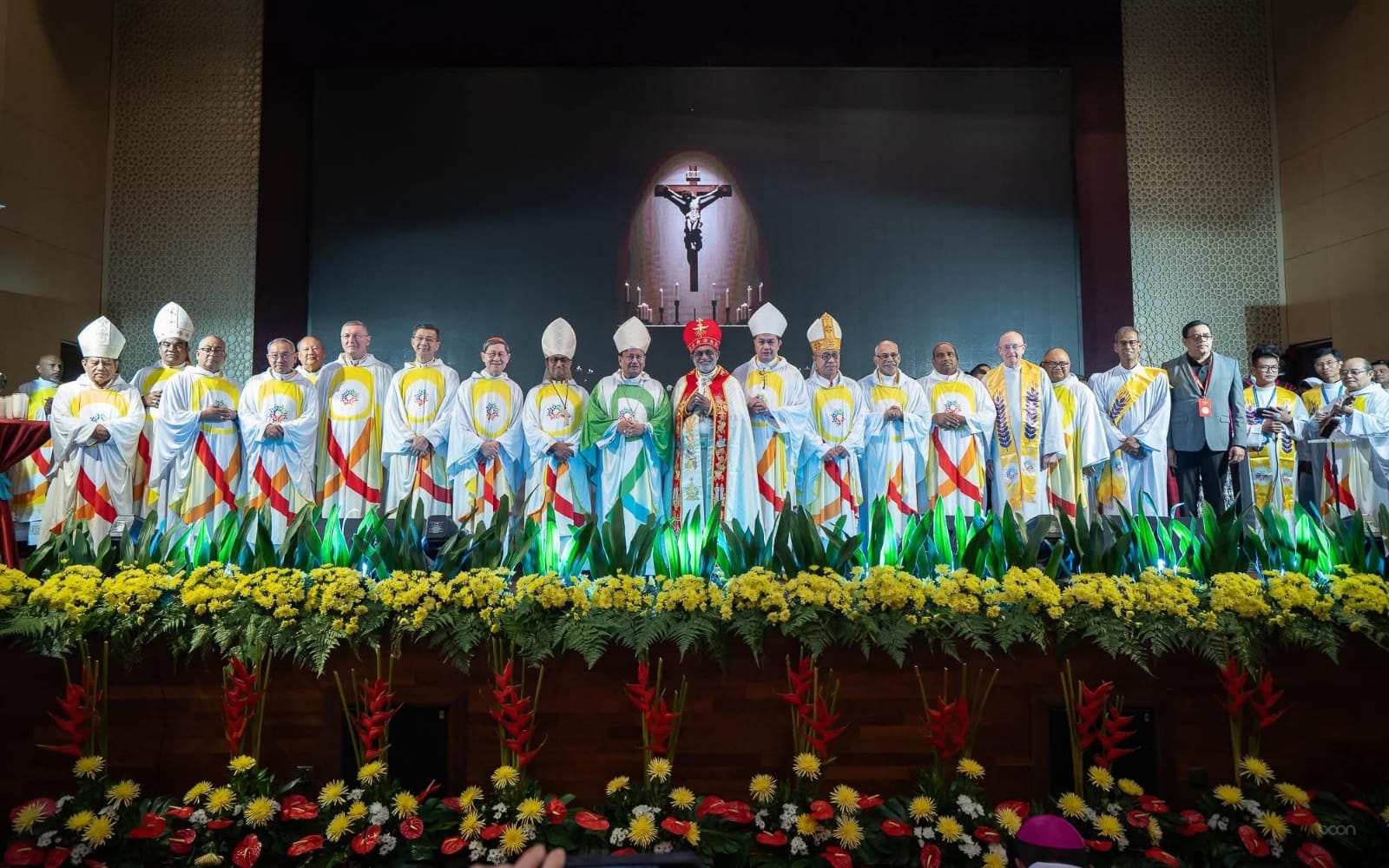Joaquim Magalhães de Castro
The Christian village of Rmeish, near the Israeli-Lebanese border, is already one of the main scenes of the current direct conflict between the Shiite militias of Hezbollah and soldiers of the Israeli army. A few weeks ago, Rmeish had a population of more than 11,000 inhabitants; today, it has less than 5,000. Many of them – especially the sick and children – decided to leave the region, joining what is already a wave of more than a million displaced Lebanese – Shiites, Sunnis and Christians – fleeing towards areas considered “safer” before the persistent “ground offensive” blocks all escape routes. There were, however, those who chose to stay, despite everything. In search of spiritual comfort, these people take refuge in prayer: they pray every day to Jesus, Mary and their most beloved saints, begging them that their village will continue to be spared from the constant “rain of drones, rockets and artillery fire”. One of the four Maronite priests living there, Abuna Toni Elias, is in charge of 30 young men who watch over the roads leading to Rmeish at night. The priest calls them “morning guards”. They are like “peaceful and unarmed sentinels” whose job is to monitor what is happening around the village, immediately warning its inhabitants if there is imminent danger. During the conversation with the reporter from the Fides news agency, Father Abuna warned of the explosions of grenades that could be heard in the distance, recalling that this happens every night. “Perhaps the Israeli soldiers are already on the other side of the hill,” he said. “So far we haven’t seen them. But we heard the sound of tanks moving along the roads that connect Rmeish to other villages.”
The threat of war arrived in Rmeish shortly after Hamas attacked Israel on October 7, 2023. Since then, everything has changed. Schools have closed (and remain closed); there is no work; and more and more people are only able to survive thanks to the support of Caritas Lebanon and other humanitarian organizations.
Father Abuna recalls that when Shiite Hezbollah militants began firing shells at Israel, “some of us protested, telling them that this was not how we were going to help the Palestinians in Gaza.” And when, in turn, Israeli artillery shelled the fields near Rmeish, the residents, “with the mediation of the Lebanese army,” once again asked Hezbollah not to fire from that area. After all, they did not want to suffer the consequences of a war that was not theirs. Things got worse with Operation New Order, which began two weeks ago. The Israelis indiscriminately bombed Hezbollah positions, killing not only its fighters but also hundreds of innocent civilians. Several Shiite and Christian villages near Rmeish were devastated and are now deserted. “So many places have been destroyed that this now looks more like Gaza,” says Father Abuna.
The Maronite bishops were quick to react to the Israeli bombings. Meeting in the monthly assembly presided over by Patriarch Béchara Boutros Pierre Raï, they expressed “their pain at the horror of the disaster that has struck Lebanon, from the coast to the mountains, affecting innocent civilians.” And they did not forget to condemn the “prolonged Israeli aggression, which has caused hundreds of martyrs and victims, including the Secretary General of Hezbollah, Syed Hassan Nasrallah, and many other leaders of the Shiite movement.” The bishops are now asking God for mercy “for those who were killed and comfort and consolation for their families and the injured”. They also call on the community to “assume its responsibilities for an immediate ceasefire and the implementation of international decisions”, with a specific reference to UN Resolution 1701.
Everyone is preparing for the worst. Father Abuna admits that he does not understand “what is behind all this and where it will all lead us”. As for relations with the Shiites, he recalls the good friendship that existed between the different villages before this new war. “We belong to the same people, we cannot enter into conflict with them,” he concludes.
The inhabitants of Rmeish also wonder what will happen when the war is over. How will they be able to continue living like this? This is why they are demanding the election of a new president, something that has not happened for two years. “We do not have a head of the nation and that says a lot about our weakness,” comments the cleric.
A special thought of “closeness and admiration” goes to the work of doctors and health personnel. They do everything they can to care for the wounded, “despite the immense difficulties”. They are grateful for the spontaneous gestures of the many Lebanese who welcomed displaced people fleeing the bombed areas. Here too, the Maronite bishops appeal for the support of nations and international institutions, and for the guarantee of safety in the work of the Church in helping the wounded and displaced through its network of parishes, monasteries and other institutions, “in particular Caritas Lebanon”. Finally, a word to the military leaders, asking them to “prevent any possible coup d’état” in a country that is going through – once again – moments of great difficulty and weakness. Faced with the disaster that is striking Lebanon, the bishops ask all Lebanese “to awaken a conscience that preserves and nourishes” the factors of national unity, referring to what they define as a “sign of hope in these difficult circumstances”; that is, the liturgy of canonization of the martyrs of Damascus, which will be presided over by Pope Francis on October 20.


 Follow
Follow


